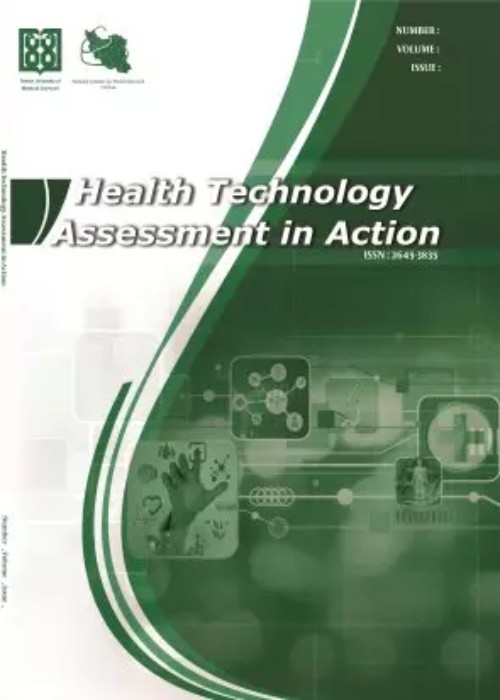Knowledge, Attitudes, and Practice of Infertile Couples About Assisted Reproductive Technology, 2020: A Cross-Sectional Study
The World Health Organization (WHO) has referred to infertility as a worldwide reproductive health problem that threatens the mental health of infertile couples and can lead to disorders such as stress, depression, isolation, and guilt.
This study aimed to determine infertile couples’ knowledge, attitudes, and behavior regarding assisted reproductive technology in 2020.
This cross-sectional descriptive study was performed on 331 infertile persons referred to Al-Zahra Infertility Center in Shahrekord, Iran, in 2020. Sampling was done by convenience sampling method. Data were collected by a self-administered questionnaire consisting of four parts. The first consisted of 17 demographic questions, the second consisted of 20 questions, the third consisted of 23 questions, and the fourth consisted of 9 questions. The data were analyzed by SPSS software. A P-value of less than 0.05 was considered significant.
In this study, 331 infertile persons referred to the infertility clinic of AL-Zahra were studied. The mean awareness of infertile couples was 14.26 (moderate knowledge level), and their mean attitude was 57.01 (negative attitude). Comparison of study participants’ knowledge with gender, address, ethnicity, language, education, the duration of infertility, causes of infertility, female factor, age, and years since marriage was significant (P < 0.05). Comparison of attitudes of study participants with gender, address, education, job, and the duration of infertility and causes of Infertility was significant (P < 0.05). The relationship between the knowledge of study participants and the duration of infertility, cause of infertility, knowledge of (IUI, IVF, ICSI, ZIFT, replaced uterus, donated ovum, sperm donation, and the donating embryo) and attitude towards (IUI IVF replaced uterus donated ovum) was significant (P < 0.05). The relationship between the attitude of study participants and the duration of infertility, knowledge of (IUI, replaced uterus and donated ovum), and attitude of (IUI IVF replaced uterus donated ovum) was significant (P < 0.05).
The results of this study indicated that the higher the level of awareness was, the more negative the attitude toward assisted reproductive technology became. In addition, in people who used more pharmacological methods to treat infertility, the rate of using the new assisted reproductive method was less than the pharmacological methods. Therefore, it is recommended that health system policymakers and guardians improve childbearing status in the country by establishing counseling classes and heightening people’s awareness of new methods of assisted reproduction to address misconceptions about these methods.
- حق عضویت دریافتی صرف حمایت از نشریات عضو و نگهداری، تکمیل و توسعه مگیران میشود.
- پرداخت حق اشتراک و دانلود مقالات اجازه بازنشر آن در سایر رسانههای چاپی و دیجیتال را به کاربر نمیدهد.


